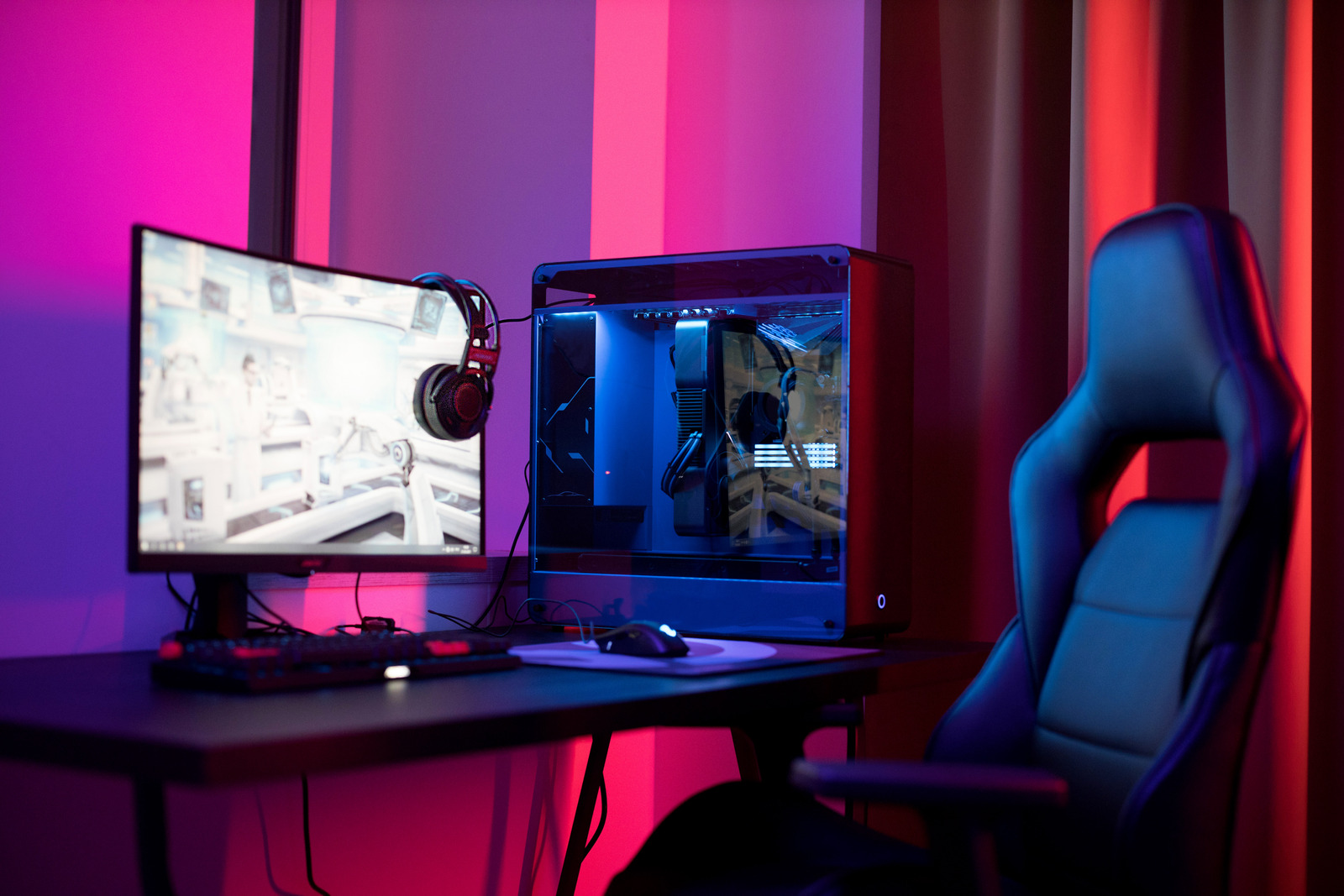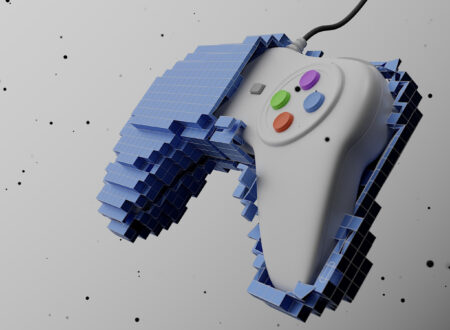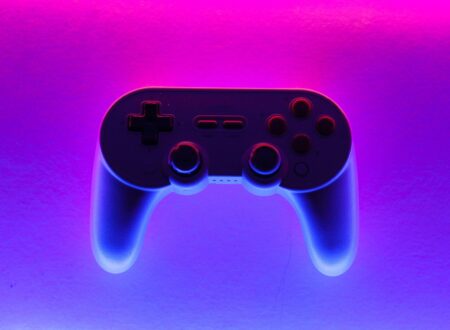Gaming has become a staple in modern culture, with millions of players immersing themselves in virtual worlds every day. From epic quests to competitive online arenas, the gaming experience offers much more than just entertainment. But how does this beloved pastime influence our mental health?
As we dive into the intricate relationship between gaming and well-being, we’ll uncover both its bright spots and potential pitfalls. Whether you’re an avid gamer or someone curious about what lies behind those screens, understanding these impacts can help us navigate our digital lives better. Let’s embark on this exploration together!
Positive Effects of Gaming on Mental Health
Gaming offers more than just entertainment; it can enhance cognitive skills significantly. Players often find themselves solving complex puzzles and strategizing in real-time. This engagement sharpens critical thinking and problem-solving abilities.
Moreover, gaming fosters creativity. Many titles encourage players to build worlds or create characters, stimulating imaginative thought processes. This creative outlet can be a valuable tool for self-expression.
Social connections also thrive in gaming environments. Multiplayer games allow individuals to interact with others worldwide, forging friendships that transcend geographical boundaries. These interactions can combat feelings of loneliness and isolation.
Certain games serve as effective stress relievers. Immersive experiences provide an escape from daily pressures, helping players unwind after a long day. It’s not just about playing; it’s about finding joy and relief through virtual adventures.
A. Improves Cognitive Skills
Gaming can be a powerful tool for enhancing cognitive skills. Many genres stimulate critical thinking and strategic planning. Puzzle games, in particular, require players to solve complex problems under pressure.
Action games often demand quick reflexes and sharp decision-making. Players learn to assess situations rapidly and adapt their strategies on the fly. This constant mental engagement helps improve multitasking abilities.
Moreover, many role-playing games encourage creativity and storytelling. Players immerse themselves in rich narratives while developing character arcs and exploring intricate worlds. This fosters imagination alongside analytical thinking.
Additionally, studies show that gaming can enhance memory retention. Gamers often remember sequences of actions or item locations better than non-gamers do due to repetitive gameplay mechanics.
Engaging with these challenges not only provides entertainment but also sharpens the mind for real-world applications beyond the screen.
Negative Effects of Gaming on Mental Health
While gaming can offer numerous benefits, it also has its darker side. One significant concern is addiction. For some, gaming transforms from a hobby into an obsession. Hours spent in front of screens may lead to neglecting responsibilities and relationships.
Aggressive behavior is another issue linked to intense gaming sessions. Exposure to violent content can desensitize players, potentially increasing irritability and hostility in real-life situations.
Isolation often creeps in as well. Gamers may find themselves withdrawing from family and friends while immersed in virtual worlds. This disconnect can foster feelings of loneliness, leaving individuals feeling more isolated than ever despite being “connected” online.
Recognizing these negative effects is crucial for gamers who want to maintain their mental wellness amid the allure of exciting gameplay experiences. Awareness empowers individuals to develop healthier habits around their gaming activities.
A. Addiction and Obsession
Gaming can quickly transform from a fun pastime into an overwhelming obsession. The thrill of leveling up or completing challenges keeps players coming back for more.
For some, it becomes a way to escape reality. Hours slip by unnoticed as they dive deeper into virtual worlds. This allure can lead to neglecting responsibilities and relationships in the real world.
The rush of achievements offers instant gratification, making it hard to step away. As gamers chase that next high score, they may lose sight of balance in their lives.
Signs of addiction often include irritability when not gaming and prioritizing play over social interactions. Recognizing these patterns is crucial before they spiral out of control.
Understanding the fine line between enjoyment and obsession is essential for maintaining mental well-being while engaging with games.
B. Aggressive Behavior
Video games often spark debates about their influence on behavior. One concern that frequently arises is the link between gaming and aggression.
Research shows a potential connection between violent video games and aggressive actions in some players. Engaging in intense virtual battles may lead individuals to mimic those behaviors outside the gaming world. The adrenaline rush can blur lines, creating frustration or anger when faced with real-life challenges.
However, this response can vary widely among individuals. Not everyone who plays violent games exhibits aggression; personal temperament and environment play significant roles.
It’s essential for gamers to remain aware of how these experiences shape emotions and reactions. Recognizing triggers within gameplay might help mitigate negative responses in everyday situations. Balancing game time with other activities promotes healthier emotional management.
C. Isolation and Loneliness
Gaming can create a double-edged sword when it comes to social interaction. While many players connect with friends online, others may find themselves drifting into isolation.
The immersive nature of gaming can lead individuals to prioritize virtual interactions over face-to-face relationships. This shift often results in feelings of loneliness, as real-world connections wane.
Additionally, prolonged gaming sessions might replace essential activities like exercise or social outings. The allure of the virtual world sometimes numbs the need for genuine human contact.
As players focus on achieving high scores or completing levels, they may inadvertently distance themselves from family and friends who don’t share their passion. When gaming becomes an escape rather than a hobby, it’s easy to lose touch with reality and community ties.
Recognizing these patterns is crucial for maintaining mental health while enjoying this popular pastime.
How to Balance Gaming and Mental Health
Finding the right balance between gaming and mental health is essential. Set specific time limits on your gaming sessions to prevent excessive play. This helps maintain a healthy routine.
Incorporate breaks into your gameplay. Stepping away for even just a few minutes can refresh your mind and reduce fatigue.
Engage in other activities outside of gaming, such as exercise or social events. These alternatives can provide different forms of enjoyment, keeping you connected with friends and family.
Check in with yourself regularly. Reflect on how gaming affects your mood and energy levels. If you notice negative impacts, consider adjusting your habits accordingly.
Don’t hesitate to seek support from others if you’re struggling to find this balance. Friends, family, or professionals can offer valuable insights tailored to your situation. Prioritizing mental well-being while enjoying games leads to a healthier experience overall.
Conclusion: The Importance
Gaming has become an integral part of modern culture. Its influence spans across various aspects of life, including mental health. Understanding both the positive and negative effects is crucial for gamers and non-gamers alike.
The benefits are clear: gaming can enhance cognitive skills, foster social connections, and provide a much-needed escape from reality. However, it’s essential to be aware of potential pitfalls such as addiction, aggressive behavior, and isolation.
Striking a balance between gaming and mental well-being is vital. Setting limits on playtime, choosing games wisely, and maintaining real-life relationships can help mitigate adverse effects. Embracing the positive aspects while being conscious of the negatives creates a healthier relationship with video games.
Recognizing the impact gaming has on our minds allows us to make informed choices about our leisure activities. As we navigate this digital landscape together, it’s imperative to prioritize mental health alongside enjoyment in gameplay.




